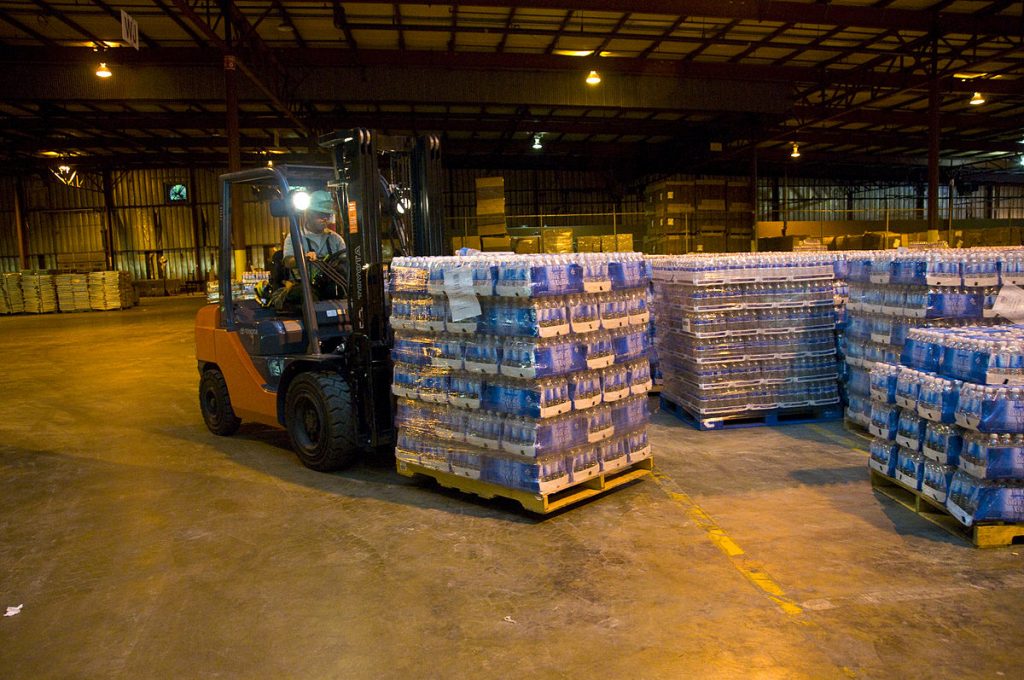Loss of capacity refers to the loss of a person’s ability to earn income in the future. As previously stated, the courts in British Columbia typically use one of two approaches to calculate this: the earnings approach and the loss of capital asset approach. The earnings approach involves a more mathematical approach and is more appropriate in cases where the loss of earnings are easily calculated. For example, when a plaintiff’s is a salaried employee and their time off work is obvious, the courts will be more likely to use this approach.
Conversely, the loss of capital asset approach is used in situations where there is a loss, but the loss is harder to calculate. For example, when a self-employed individual has a partial disability, but it is not possible to estimate their losses with any precision.
A recent Supreme Court of British Columbia case dealt with this issue in the context of a produce warehouse worker who suffered a fracture to his right ankle. The plaintiff was able to continue working but at a reduced ability. He was slower and could not do as much physical labour as before. The plaintiff was very fortunate, in that he had an employer who valued his work and provided accommodations for him, including breaks. Although the employer hoped to retain the plaintiff as a worker for as long as possible, he was no longer in line for promotions or certain bonuses. The courts also found that this plaintiff was at risk early retirement and would have a much harder time finding a new position, in the event that he did lose his job.
https://www.courts.gov.bc.ca/jdb-txt/sc/19/08/2019BCSC0809cor1.htm
The judge, in assessing loss of capacity, stated:
[40] However, the plaintiff was an above-average and valued employee and a solid contributor to the company’s success. He must now rely on the continuing forbearance and goodwill of his employer and colleagues. To this extent, his economic future is a good deal more precarious than before. He has been rendered far less capable of earning income in his present workplace. The defendant’s negligence has left him with permanent physical limitations that prevent him from performing at his former level and will worsen over time. Even if his employer continues to stand by him, his prospects for advancement within the company are negligible. If Fresh Direct closes or downsizes, I fear the plaintiff would face insuperable difficulties finding equivalent work elsewhere.
[41] In short, there is no doubt that the accident has caused a material diminution in the plaintiff’s earning capacity as a capital asset for which he is entitled to compensation, notwithstanding that he still works at his pre-accident job and enjoys the support of his company. I am persuaded that with the accident-related decline in the plaintiff’s productivity, he will qualify for only baseline annual pay rises and bonuses, whereas he was previously located in the mid-range of the company’s system of entitlement. I also think it inevitable that he will have to retire from employment earlier than planned due to advancing physical incapacity, perhaps by as much as three years. Bearing in mind all of these factors, as well as the usual positive and negative contingencies, I hereby assess the plaintiff’s award under this heading at $240,000.

